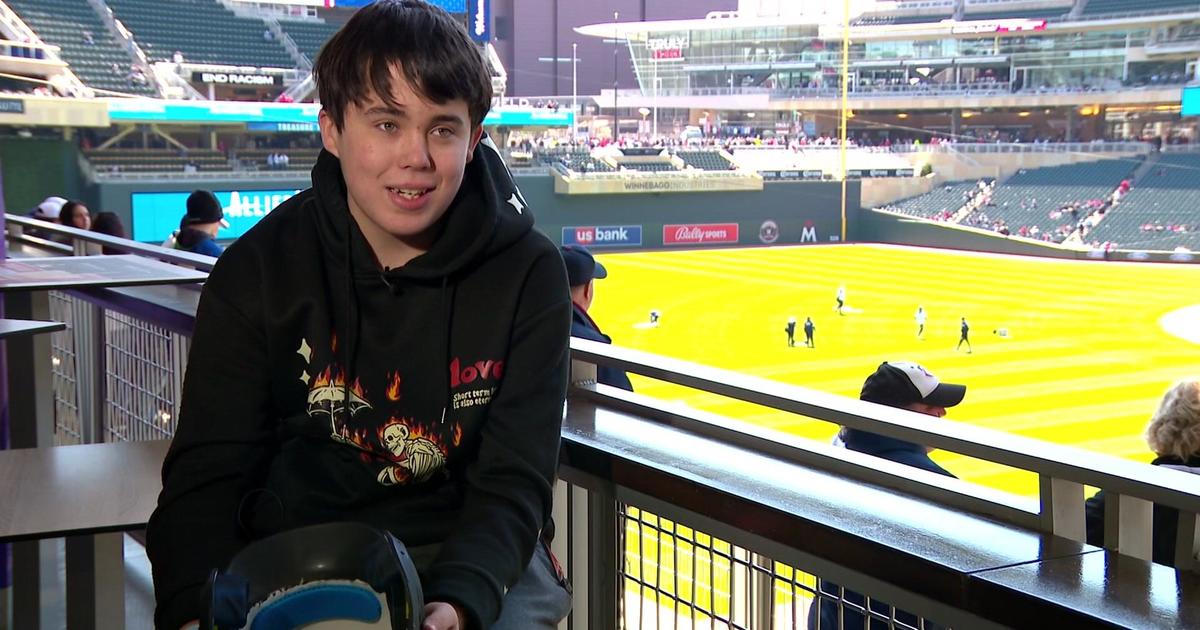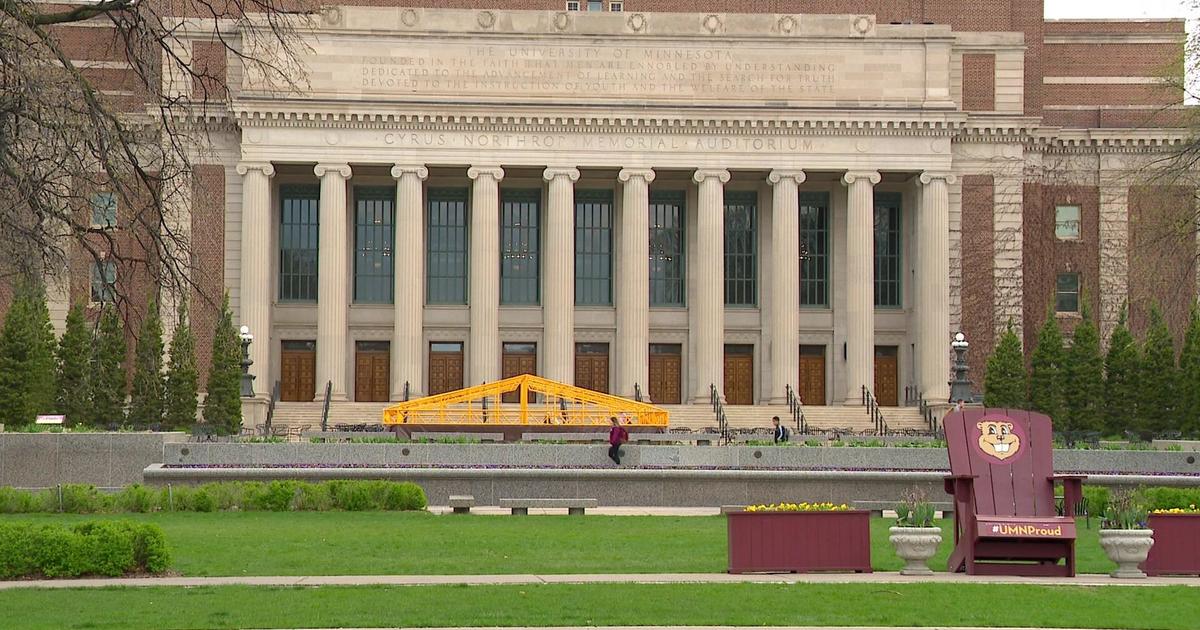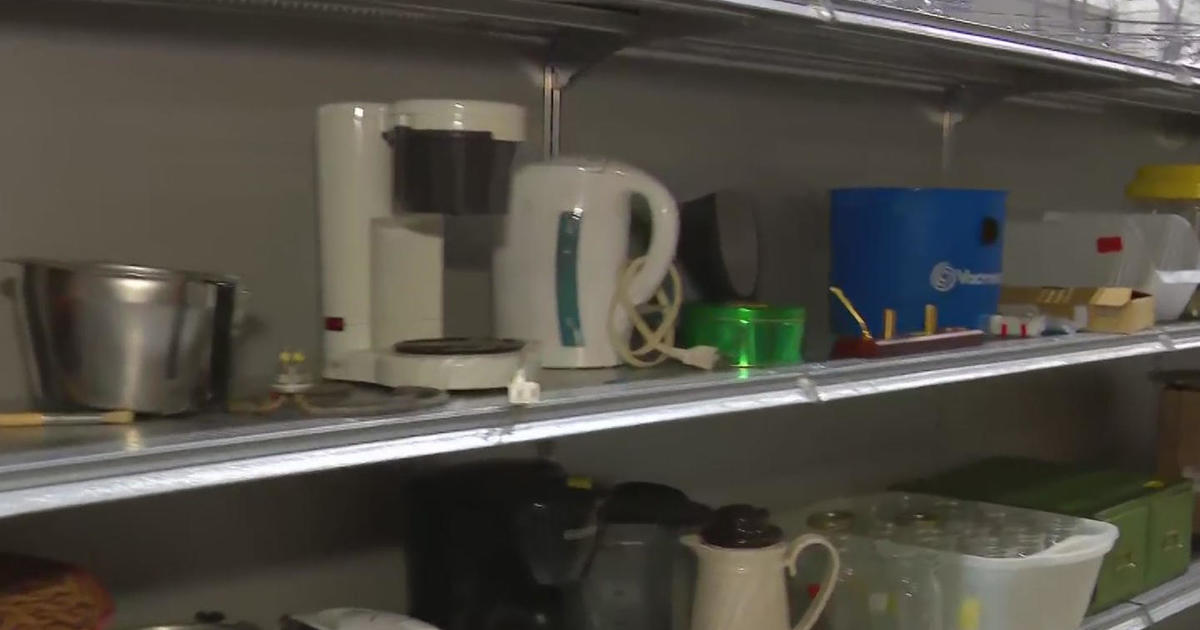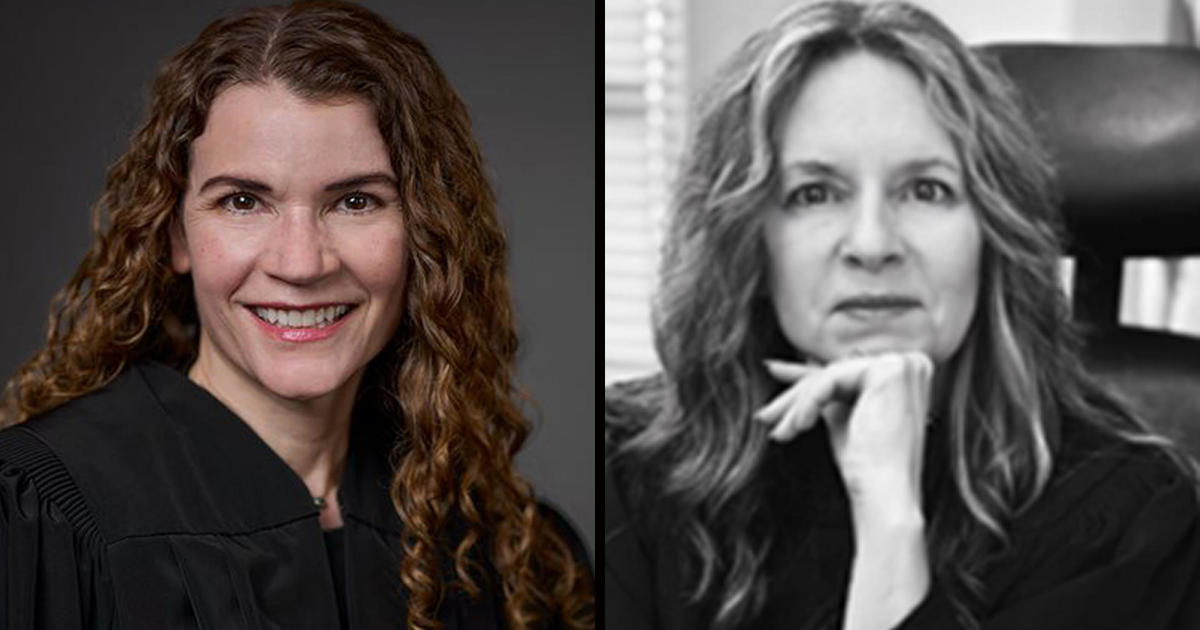30 Years Later, Child Fights Same Rare Cancer Dad Had
MINNEAPOLIS (WCCO) -- A big part of parenting is teaching children through lessons you learned as a kid, but for a Prinsburg man, it's a battle with cancer that's coming back around.
Lucas Post was cured of a rare childhood cancer, called "Wilms' Tumor," about 31 years ago. Now, the couple's 4-year-old is facing the same fight.
In the comforting arms of her parents, Mia Post is making the rounds at the University of Minnesota's Amplatz Children's Hospital. Sitting in an exam room, the tears began to roll down her face as she cries out when the tape holding an intravenous line is pulled from her tender skin.
But the frightening and often painful procedure is necessary for laboratory testing. Fighting cancer is a tough road made all the more difficult when you're only 4 years old.
Last year, Mia was diagnosed with Wilms' Tumor, which is a rare childhood cancer that attacks the kidneys. Only about 500 cases of Wilms' Tumor are diagnosed in the U.S. each year.
Looking at black-and-white images of Mia's diseased organ, Dr. Emily Greengard said, "this kidney was pretty much destroyed because of the tumor."
Greengard said Mia's treatment, a combination of conventional chemotherapy and radiation, is in part due to Mia's father's fight with the same cancer 31 years ago.
Lucas was the same age as his daughter when his parents received the same bad news. But what's so incredible is that he took part in a nationwide clinical trial that led to an eventual change in the way the cancer is treated.
"In that trial we learned that we could use a lower dose of radiation and still get the same outcomes. Because of that, Mia is receiving a lower dose of radiation," said Greengard.
In the Amplatz exam room, Lucas looks on as his little girl is tended to by a nurse.
"I was so young," Lucas said.
Lucas recalls feeling the same pain when he was being treated at the University of Minnesota Hospitals.
His parents were asked if they would like to participate in the clinical trial that would change the course of treatment. Little did they know that their son's own daughter would benefit so many years later.
"In those six days (of radiation), they're giving her half of what they were giving kids 30 years ago," Lucas said.
Despite the lower level of radiation blasting the cancer cells, the effectiveness of the treatment remains the same. But the reduction in secondary cancers and damaging effects on other organs that a more intense radiation dose delivers is what makes the change worthwhile.
In the end, that spares the patients' tiny bodies from the potential harmful side effects.
At the end of a long morning of testing and check-ups, Mia and her parents admire a colorful, animal-filled poster proclaiming 16 weeks of being cancer free.
It's a big day for everyone, but especially a dad and daughter.
"All I can hope for is that that's the case for her from here on out," Lucas said.
Mia has completed her chemo and radiation rounds. She'll now come to Amplatz every few months for lab work and CT scans to make absolutely certain her cancer is gone for good.



